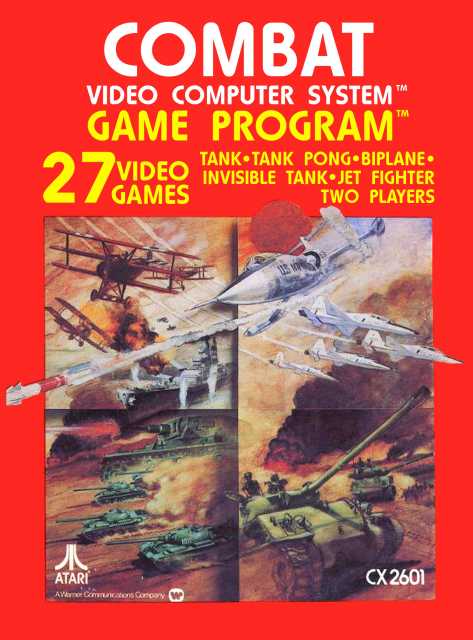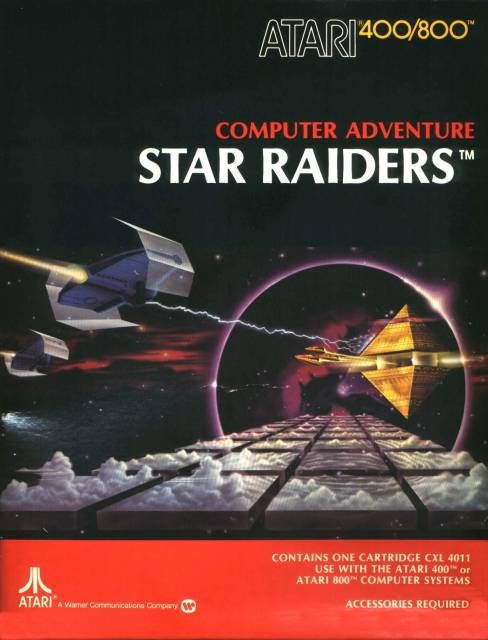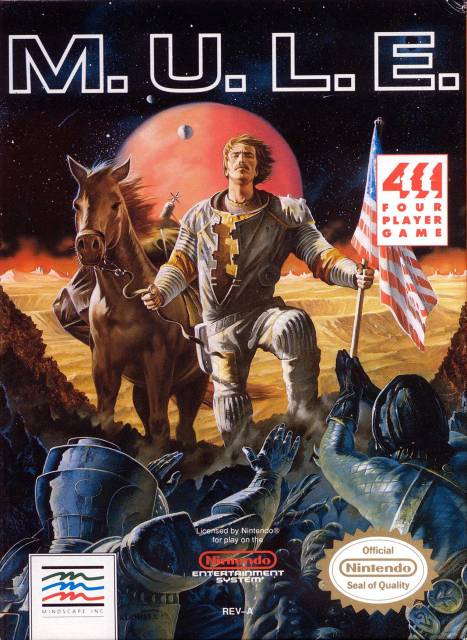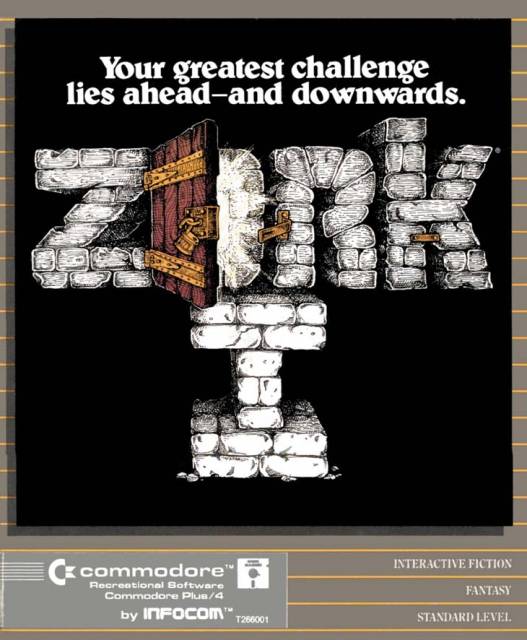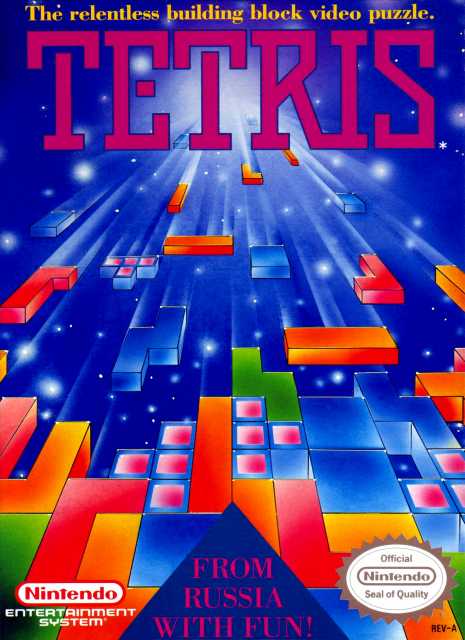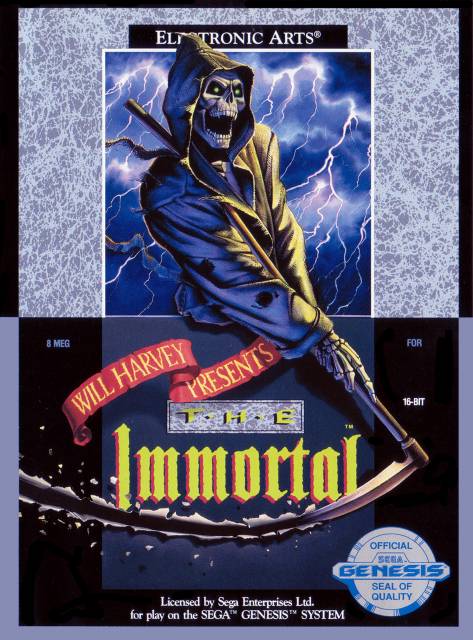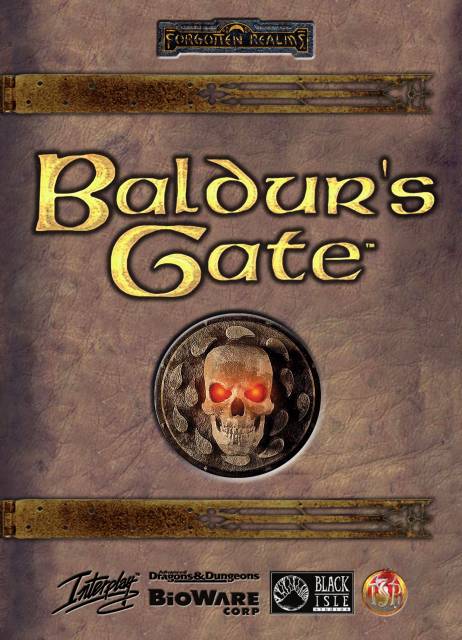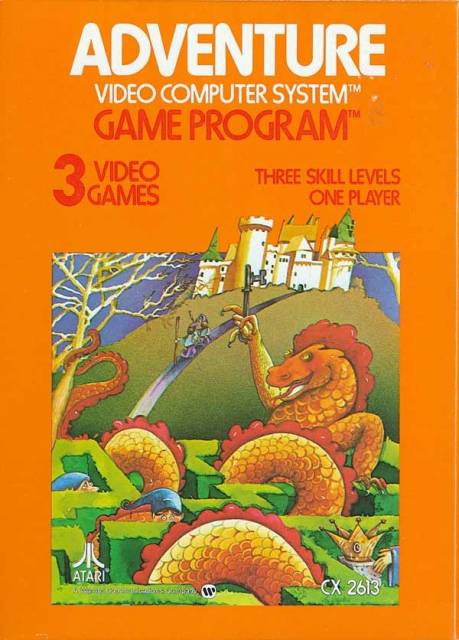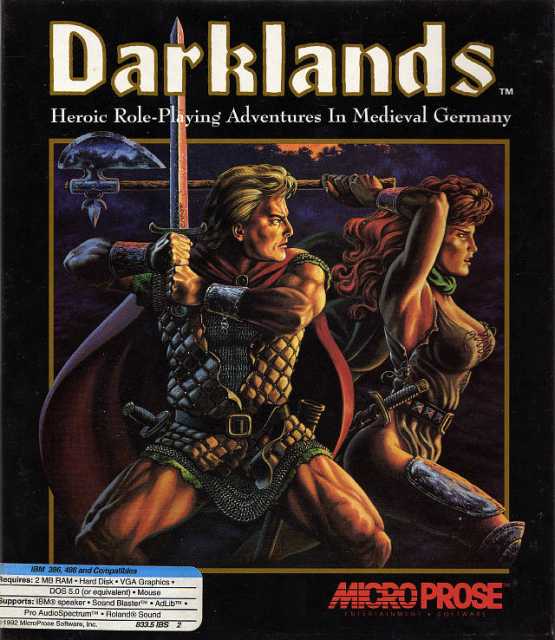Simple Can Be Good
In many ways, you can't go home again. I grew up with the 2600, moved on to the Atari 400, and kept going up the gaming evolutionary chain, usually a few steps behind where everyone else was. Cheaper that way. Many of the games, when I picked them up again, I couldn't even stand for nostalgic value because they'd already been surpassed, even in basic form, by stuff that came after it.
This doesn't mean that those games were bad for all time, but they sort of served their purpose, and helped bring us here, possibly through mistakes no one wanted to repeat, or through smart features that inspired someone to make something better with them.
Still, there are certain games that I remember having the right amount of gameplay that made them carve out a niche for themselves in a way that fully-featured games can't quite reach. There's something to be said for simplicity in design sometimes. Here's a list of games that sort of feel like benchmarks to me that, while improved upon by others, only showed even more how good they were to begin with. I imagine everyone's list of games like this would be different, and there's always a chance that nostalgia's coloring some of these, but I feel like these hit the right classic note for me.

